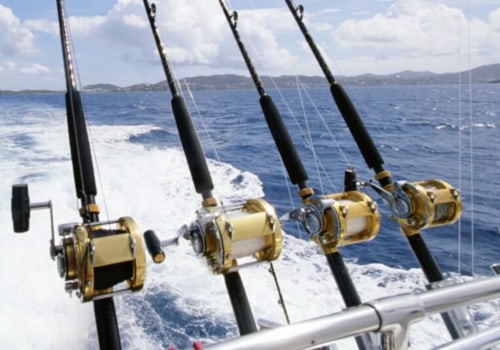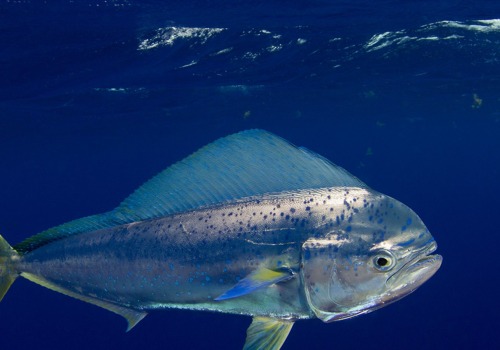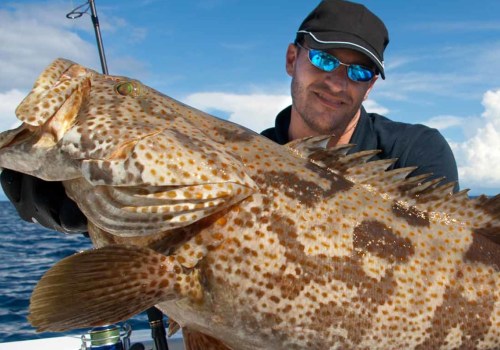Are you looking for a business opportunity that combines your love of fishing and the great outdoors? Starting a fishing charter business can be a great way to make money while doing something you enjoy. But is it profitable?The answer is yes, but it depends on how well you manage your business. According to research, a well-managed fishing charter business can make around 25 percent profit. To get to this point, you need to consider the costs of boat ownership, marketing, and licensing.
To start a fishing charter business, you need to buy a boat that is big enough to safely transport small groups on fishing trips. Vessels must be at least 25 feet long and have the necessary safety items such as lifeguards, first aid kits, and other items required by laws governing charter fishing companies in your state. In addition to the cost of the boat, you need to factor in the cost of engine hours per charter day (usually 10 hours) and multiply that by the hourly expense rate. You also need to budget for slow periods, as the demand for many fishing charter businesses will be somewhat seasonal, depending on where you are located.
To apply for a new license, you must submit a charter fishing license application to Fisheries Queensland. A state fishing charter license will normally require current certification of first aid and CPR, random drug testing, and proof of commercial liability insurance. Finally, assign the rate you charge customers for a day of charter fishing. This figure is the money that comes in (everything else measures the money that goes out).
Revenues earned by chartering the boat can offset the cost of ownership of the boat, while allowing owners to fish on board while they are in town. In an attempt to increase their annual revenues, some fishing charter companies add other sources of income by offering other types of trips. For example, Howell's position within the North Carolina charter community helped with these projects. To sum up, starting a fishing charter business can be profitable if you manage it well. You need to consider the costs of boat ownership, marketing, and licensing before setting up your business. Once you have all these elements in place, you can start making money from your passion for fishing.








